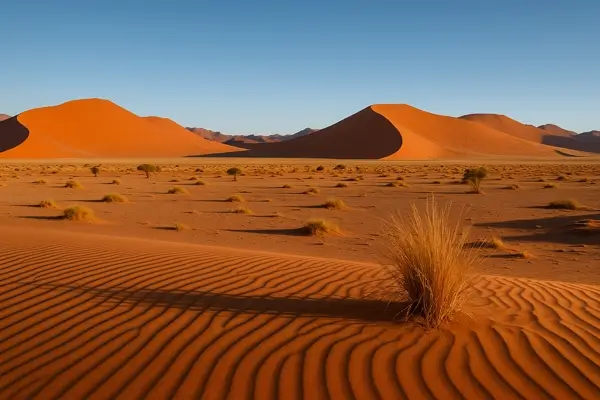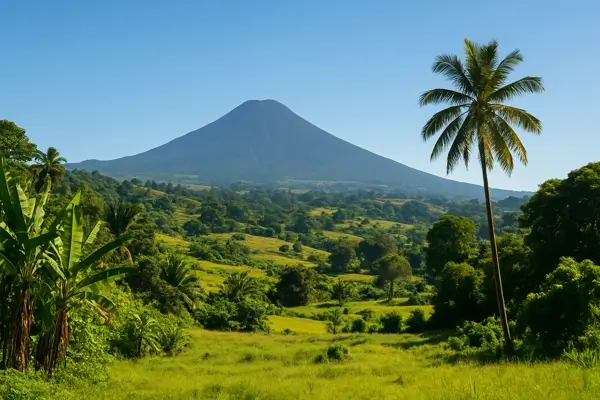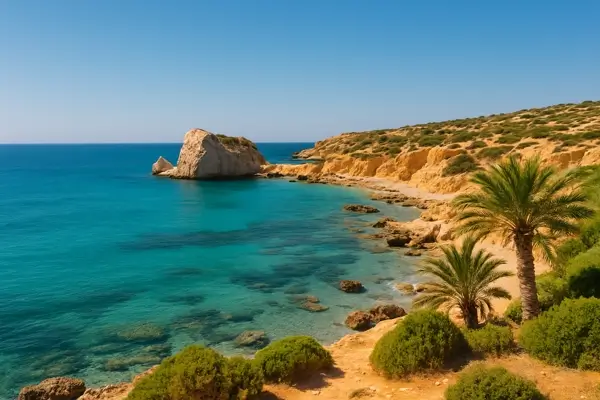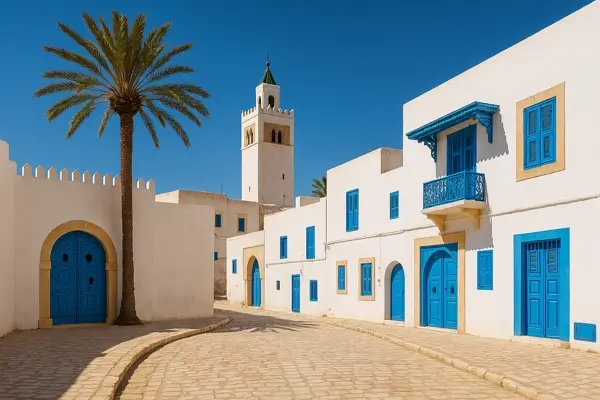
First Country to Include Environmental Protection in Its Constitution
Namibia is a global leader in conservation, being the first country to include environmental protection as a key part of its constitution.
Home to the World’s Oldest Desert
The Namib Desert, after which the country is named, is believed to be the oldest desert on Earth and features towering red sand dunes, especially around Sossusvlei.
Skeleton Coast – A Mysterious Shoreline
Namibia’s Skeleton Coast is known for its foggy shores, shipwrecks, and seals, creating one of the most dramatic coastlines in the world.
Low Population Density
Namibia is one of the least densely populated countries on Earth, offering vast open landscapes, big skies, and quiet, untouched nature.
Etosha National Park – A Wildlife Haven
Etosha is one of Africa’s best national parks, where visitors can see elephants, lions, rhinos, giraffes, and more around its iconic salt pan.
A Multilingual Nation
While English is the official language, Namibia also recognizes multiple indigenous languages, including Oshiwambo, Herero, Nama, and Afrikaans.
German Colonial Influence
Namibia was once a German colony, and cities like Swakopmund and Lüderitz still feature German architecture, bakeries, and street names.
Traditional Himba Culture
The Himba people of northern Namibia are known for their distinctive red ochre body paint, braided hairstyles, and semi-nomadic lifestyle.
Stargazing Paradise
With minimal light pollution and clear skies, Namibia is one of the world’s best places for stargazing, especially in the NamibRand Nature Reserve.
Adventure Activities and Unique Landscapes
From sandboarding in the desert to hot-air ballooning, dune climbing, and wildlife safaris, Namibia offers thrilling experiences across surreal landscapes.



